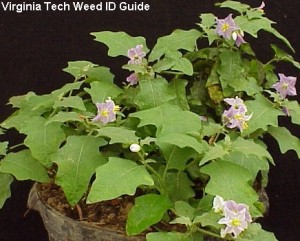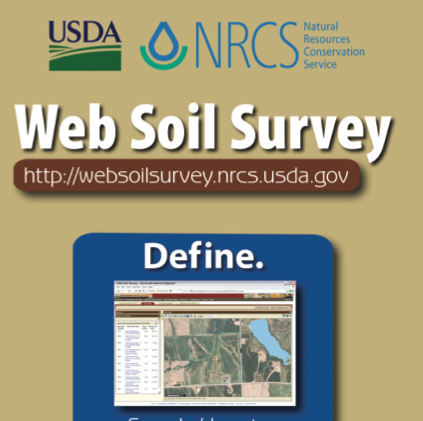
In September of 2014, I worked with Alan DeRamus of the Univerity of Louisiana and Don and Betty Ashford of Ethel, Louisiana on a project to introduce farmers to the idea of teaching cattle to eat weeds so they could manage some of their most problematic plants. Here’s an update of that project.
Training up a few cows to eat weeds, and then inviting folks to come watch them graze them in pasture, is one of the best ways to introduce folks to the idea that their cows really can turn weeds into nutritious forage. So that’s what I did with Dr. Alan DeRamus and Don and Betty Ashford.

First we talked about their weeds and which ones they wanted to train for first, and then, after talking on the phone about the different animals and operations, I sent them each a training recipe to walk them through the process. The University Brangus herd was introduced to goldenrod (Solidago ludoviciana), but they decided on their own that tea weed (prickly sida/Sida spinosa) was just as good, and they chowed down on it in pasture. Don and Betty Ashford introduced their cows to mimosa weed (also known as chamberbitter weed/phyllanthus urinaria). Then the cattle decided on their own to add teaweed and horse nettle. (Don wrote about the training process from his perspective too.)
All of the weeds that the cows began eating are big deals. But for me, the biggest deal was the horse nettle. It grows in a lot of places and lots of farmers and ranchers have trouble with it. So, I’ve been asked over and over, “Can cows eat horsenettle?”
Here’s the information I had when we started this project. First, none of the resources I always consult before training an animal to eat a weed specifically said that this plant causes poisonings. They simply noted that it is part of a genus that has been associated with toxic effects, probably due to the chemical solanine. The primary problem is irritation of the digestive tract, but it appears that results can be erratic. Meanwhile, Don told me that he had heifers who had eaten the berries of horsenettle with no problem, and about the same time I got a note from a reader who said that her herd of sheep had spent almost a week eating horse nettle berries with no negative effects.
After really looking at it and gathering all the information I could, I thought we could try, but that we ought to watch the cattle and make sure that my one last concern, that it might cause stomach pain, was not a problem.

Our plan then, was to first introduce animals to one of the other weeds first. What I’ve learned from training animals to eat weeds is that the process makes them more open-minded about what food looks like. Once they’ve tried one weed, they explore their pastures and try other weeds as well. We expected these cattle to do the same and we weren’t disappointed! Imagine the jumping up and down, laughing, hugging, and giggling that went on when I saw Don and Betty’s cows taking huge bites out of the leafy plant! I’ve told Don that he and Betty and their cows are going to be famous! (Click here to find out how to teach your livestock to eat weeds.)
Part of the success Don had is due in part to the kinds of pastures Don has. There’s plenty of grass, but there’s plenty of chamberbitterweed, teaweed, and assorted other forbs as well. All that makes for a smorgasbord that allows cows to be very successful when using their internal feedback to decide what to eat.
Should you teach your cows to eat horsenettle? Sure. Or take the route I went with Don and teach them to eat something else first and then let them try other forages on their own. It’s so easy, and you run no risks at all. And if they don’t try it, just bring back one of the training tubs, but the weed in it, they’ll try it and then go on to eat it on their own in pasture.
Resources for Training Cows (and Other Livestock) to Eat Weeds
I’ve collected resources and links to articles and videos here so you too can have weed-eating livestock. Enjoy!



